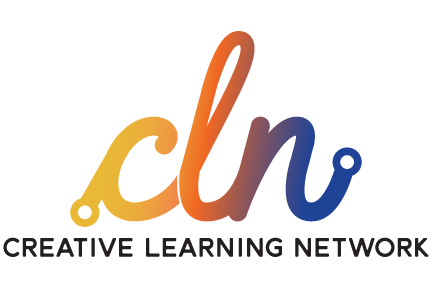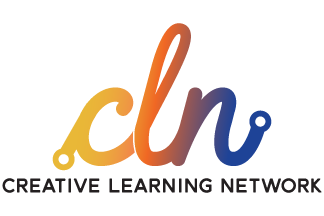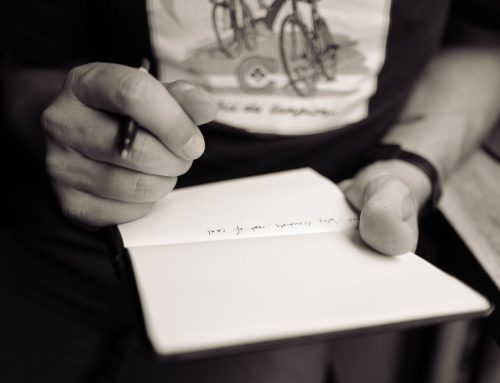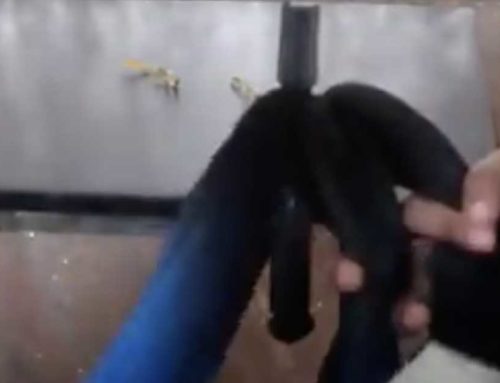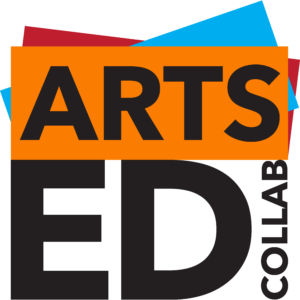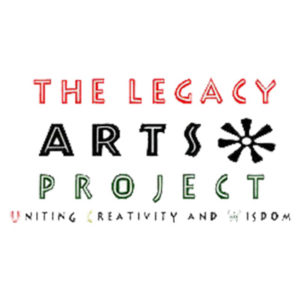Goals
Students will achieve communicative competence using personal history and culture, along with remembered and observed detail, to document and evaluate food systems through written means of representation.
Students will develop the ability to articulate views and enhance writing skills through generative writing practice.
Students will develop competence in process-based writing, editing, and revising.
Students will use critical thinking and processing skills.
Students will learn nonfiction writing skills, especially craft elements important to creative nonfiction.
Join writer Sherri Flick for this guided lesson on writing a non-fiction essay about food and memories. This lesson is appropriate for grades 9 through 12.
Students select their own memory from a self-generated list and then explore through writing how they own this time and place and are the uniquely qualified person to tell this story. Other adult members of the family can join in, write their own exercise, and then share writing and memories by reading aloud and discussing the writing process and essays.
This video was originally a live virtual workshop but the guided activities in the video can still be completed asynchronously.
About the creator

Sherri Flick
A writer, editor, and teacher living on the South Side Slopes of Pittsburgh, Sherrie Flick is the author of a novel and two short story collections. She has received honors from The Pennsylvania Council on the Arts, The Creative Nonfiction Foundation, Sewanee Writers’ Conference, and Atlantic Center for the Arts. Her nonfiction appears in The Wall Street Journal, Ploughshares, Pittsburgh Magazine, and Creative Nonfiction. She served as series editor for The Best Small Fictions 2018 and is co-editor for Flash Fiction America, forthcoming from Norton in 2022. She teaches in the MFA and Food Studies programs at Chatham University.
